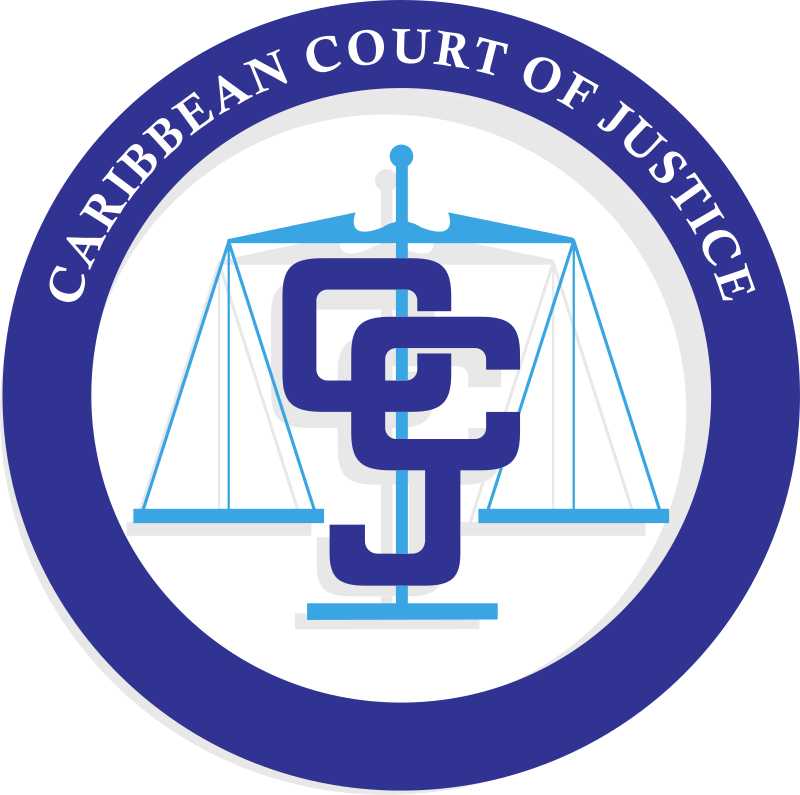
Prime Minister Gaston Browne
Prime Minister Gaston Browne says he is not surprised by the recent ruling from the Caribbean Court of Justice, which dismissed an $800 million claim that was brought against the government of Trinidad and Tobago by former policyholders of the collapsed British American Insurance Company (BAICO).
This significant lawsuit originated from policyholders in Antigua and Barbuda and Grenada and was filed under the court’s original jurisdiction, a provision that enables the court to resolve disputes arising from the Revised Treaty of Chaguaramas among member states.
The case’s focal point involved allegations that Trinidad and Tobago’s financial assistance to certain subsidiaries of CL Financial Limited (the parent company of BAICO) was discriminatory.
Policyholders contended that this bailout, intended to stabilize the local financial system, unfairly marginalized BAICO policyholders residing outside of Trinidad and Tobago.
He tells Antigua.news , “I am not surprised by this ruling. Our Cabinet made the correct decision when we highlighted the hard currency and cross-border risks that were associated with the potential acquisition of the Scotia branch by Republic Bank. Those who advocated for this acquisition as part of the Caricom integration didn’t adequately consider these risks.”
He further elaborated that supporters of the Republic Bank acquisition overlooked these factors, not only failing to recognize the pitfalls but also neglecting the opportunity for enhanced profitability, improved retained earnings, and the overall strategic scaling of banks within the region.
PM Browne says these advancements are crucial for achieving greater economies of scale, which would ultimately diminish the chances of banking failures and bolster the viability of corresponding banking operations.
Prime Minister Browne also took a moment to acknowledge the contributions of his colleagues, expressing gratitude to those who championed these arguments in the interest of the nation and its citizens.
He pointed out that as a direct consequence of the consolidation with Scotia, the profits of the East Caribbean Amalgamated Bank (ECAB) for the current fiscal year are projected to more than double, potentially exceeding 60 million.
This upward trend in profit, he believes, is expected to translate into higher corporate taxes and windfall taxes benefiting the University of the West Indies at Five Islands, in addition to increased profitability and dividend distributions.
Importantly, a considerable portion of these earnings is anticipated to remain within the domestic economy, thereby reinforcing local financial stability and growth, he said
In the aftermath of CL Financial’s (CLF) collapse in 2009, the government of Trinidad and Tobago intervened decisively to salvage its locally registered subsidiaries, including the Colonial Life Insurance Company (CLICO) and BAICO’s Trinidad operations.
However, this intervention did not extend relief to policyholders residing in other CARICOM member states, leading to significant discontent.
Chief Justice Adrian Saunders delivered a thorough judgment, outlining the court’s conclusions regarding the government’s actions. He affirmed that Trinidad and Tobago’s steps to provide financial support for the ailing CLF and its subsidiaries were consistent with the exceptions stipulated under Article 32 of the Revised Treaty of Chaguaramas.
The court acknowledged that these measures were a legitimate exercise of governmental authority, designed to alleviate the adverse economic impacts of the collapse on the local populace. In contrast, the policyholders raised serious allegations against the Trinidad and Tobago government, claiming violations of several articles within the Revised Treaty.
Specifically, they pointed to Articles 36, 37, 38, and 184, which pertain to issues of discrimination and the protection of consumers. Nevertheless, the court found these claims unsubstantiated, asserting that the government’s interventions did not infringe upon the treaty’s provisions regarding competition policy and consumer protection.
The court emphasized that Article 184, which mandates member states to ensure adequate and effective redress for consumers, must be understood in the broader context of competition policy and consumer protection law.
The judges concluded that the language of the treaty did not impose a legal requirement for Trinidad and Tobago to offer compensation to BAICO policyholders located in other CARICOM nations.
Further reinforcing its judgment, the court noted that the claimants had failed to demonstrate that they were treated less favorably than other individuals in similar circumstances.
Additionally, the court found no evidence that any alleged discrimination was based solely on nationality, which is a prerequisite under Article 7 of the treaty.
Ultimately, the Caribbean Court of Justice (CCJ) dismissed the claims made by the policyholders and ordered that each party bear its own legal costs, bringing closure to this contentious issue.






0 Comments